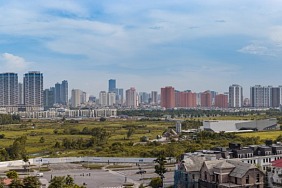Identifying Remote Worker Performance Issues
The rise of remote work has created a new set of challenges for managers. While remote work offers a great deal of flexibility, it can be difficult to evaluate the performance of remote workers and identify potential areas of improvement. This article will discuss strategies for evaluating remote worker performance and identifying areas of improvement.
Establish Clear Performance Goals
The first step in evaluating remote worker performance is to establish clear performance goals. Managers should discuss expectations with remote workers and provide clear, measurable goals for them to work towards. This will ensure that remote workers understand what is expected of them and can track their own progress.
Monitor and Measure Progress
Once performance goals are established, managers should monitor and measure the progress of remote workers. This could include tracking hours worked, reviewing progress reports, and assessing the quality of work produced. This will help managers identify areas of improvement, as well as areas where remote workers are excelling.
Provide Regular Feedback
Regular feedback is essential for helping remote workers improve their performance. Managers should provide both positive and constructive feedback on a regular basis. This will help remote workers understand where they are excelling and where they need to improve.
Ensure Communication Protocols are Followed
Communication is essential for remote work success, and managers should ensure that communication protocols are followed. This could include setting expectations for response times, establishing a communication schedule, and providing clear instructions.
Create Incentives for High Performance
Finally, managers should create incentives for remote workers to strive for high performance. This could include providing bonuses for meeting performance goals, offering rewards for excellent work, or recognizing remote workers for their achievements.
By following these strategies, managers can effectively evaluate the performance of remote workers and identify areas of improvement. This will help ensure that remote workers are productive and successful.














